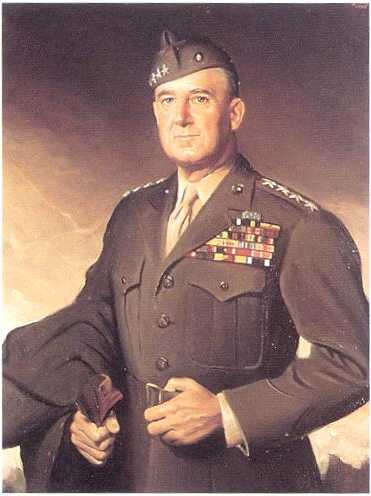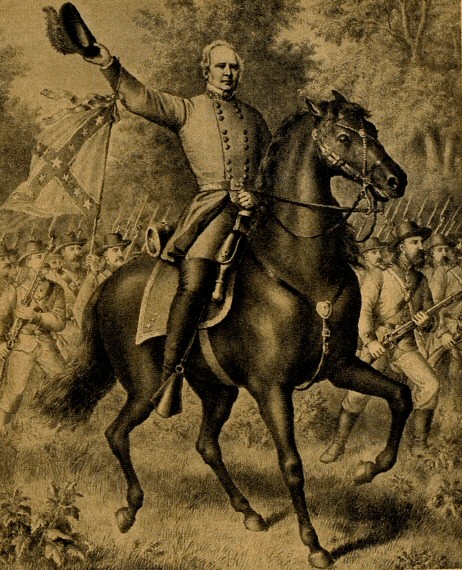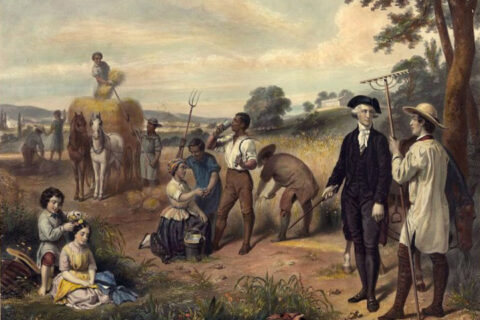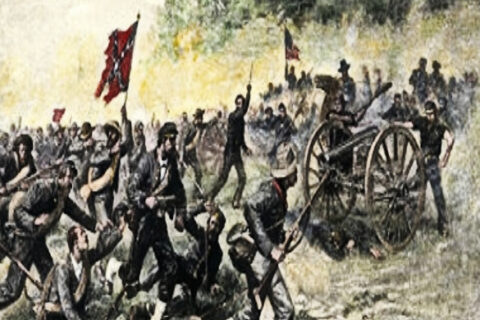Welcome to the third installment of This Week in Southern History.
AUGUST 5
1862: An attempt to retake the city of Baton Rogue, Louisiana, by ~2,600 Confederates was stifled by ~2,500 Union troops. The determined Confederate assault, led by John C. Breckenridge, failed to capture the city but resulted in the death of U.S. General Williams, whose troops evacuated to New Orleans after the battle. Several months later, however, federal troops returned and re-occupied Baton Rogue.
AUGUST 6
1965: President Lyndon B. Johnson of the United States signed the Voting Rights Act of 1965 into law. The law was enacted to prevent voting requirements that would discriminate on the basis of race. Such requirements, which included literacy tests, were understandably very difficult for negro voters to hurdle over, and were thus banned.
AUGUST 7
1942: Led by Virginian Alexander Vandegrift, US Marines defeated the Japanese at the Battle of Tulagi and Gavutu–Tanambogo. This was the first major engagement of the Guadalcanal Campaign, which resulted in a decisive victory for the Allies in the Pacific Theater of World War Two.

AUGUST 8
2000: The sunken Confederate submarine, H.L. Hunley, was raised to the surface after having been submerged for over a hundred and thirty years. E. Lee Spence, who led this effort, is a German-born underwater archeologist, but currently a resident of Summerville, South Carolina.
AUGUST 9
1610: The First Anglo-Powhatan war began between the English colonists of Jamestown, Virginia and the Powhatan Confederacy. The war began when, in reaction to Paspahegh Indian attacks, George Percy was sent with about seventy men to burn their main village.
Burn it he did, and in the process he killed more than sixty Paspahegh. The Queen of the Paspahegh and her children were summarily executed. The spilling of royal blood marked the beginning of the First Anglo-Powhatan War. The war ended in 1613, when English troops captured Pocahontas, the daughter of the Powhatan chief.
1814: The Treaty of Fort Jackson, signed by the United States government and the Red Stick Indians, resulted in the handing over of much of modern day Georgia and Alabama to the U.S.
AUGUST 10
1821: Missouri was admitted into the Union.
1856: A massive tropical cyclone hit Louisiana and southern Mississippi, killing more than two hundred people. Additionally, the storm caused Mermentau River to flood, destroying the town of Abbeville, Louisiana along with its crops.
1861: Sterling Price, leading 12,000 Confederates, inflicted a decisive defeat on 5,000 federals at the Battle of Wilson’s Creek. The fiercely fought engagement resulted in the death of Union General Nathaniel Lyons and gave the Confederacy control over southwestern Missouri.

I hope you enjoyed this edition of “This Week in Southern History.” Was there something interesting or significant that we left out?
Let us know over twitter, where our handle is: @identitydixie2, or let us know in the comments below.





Did someone say Breckinridge?